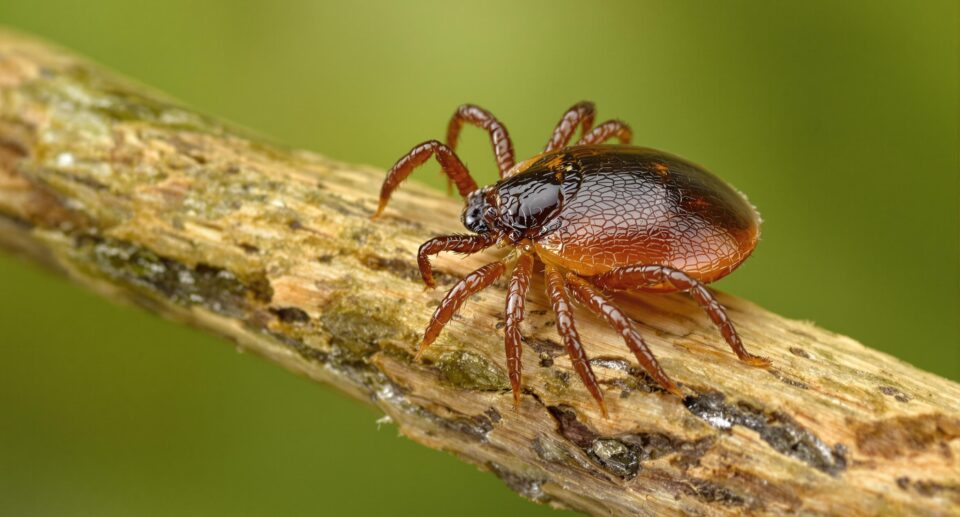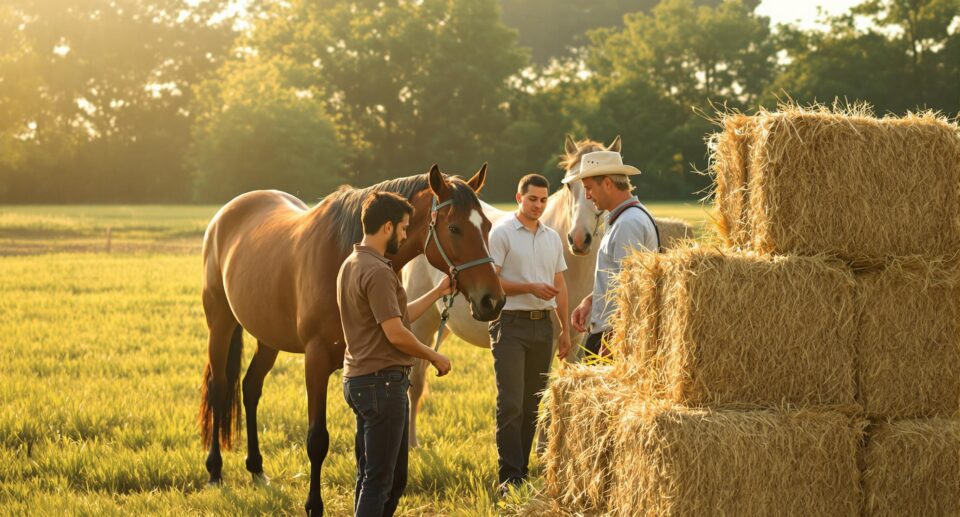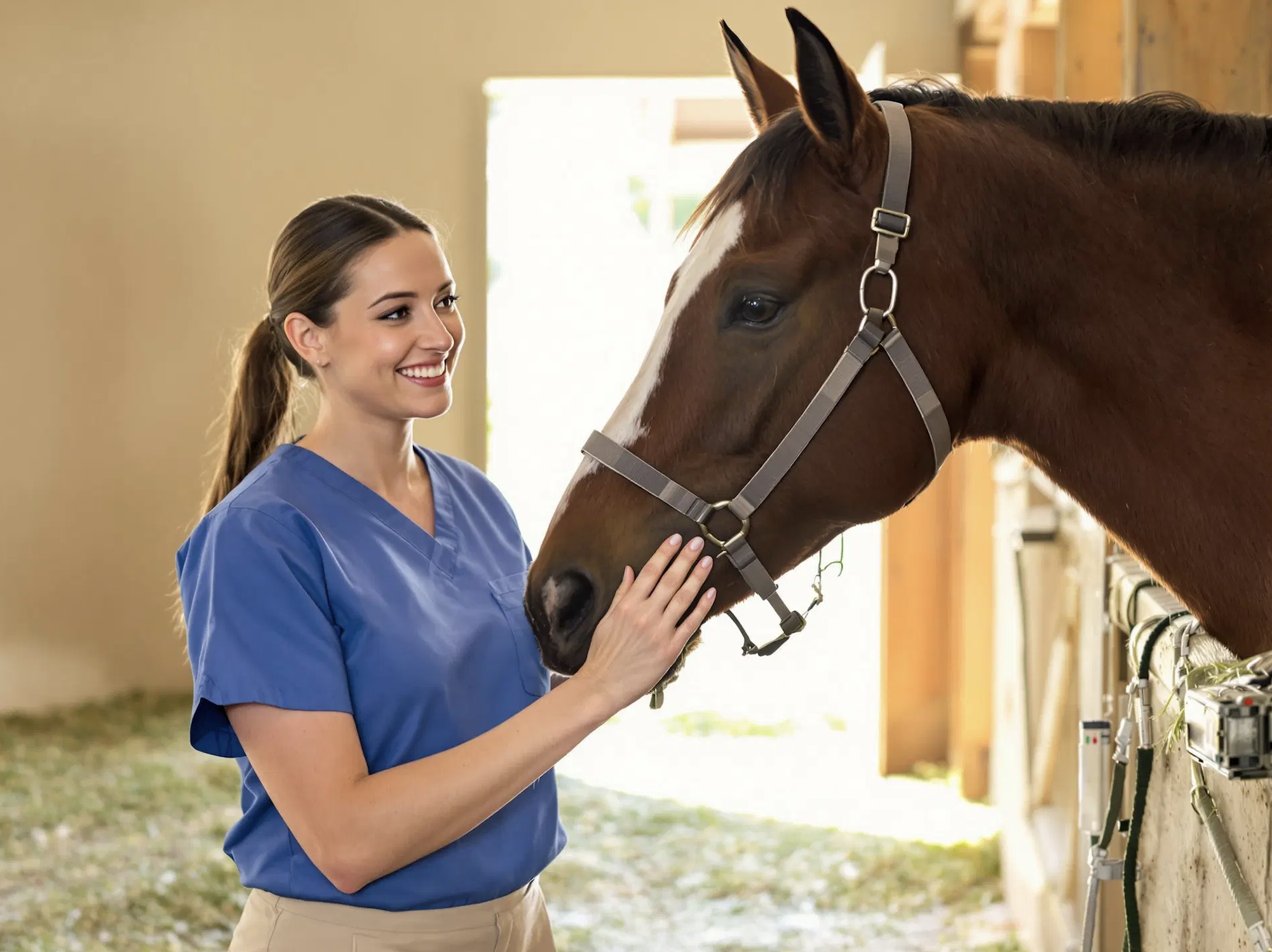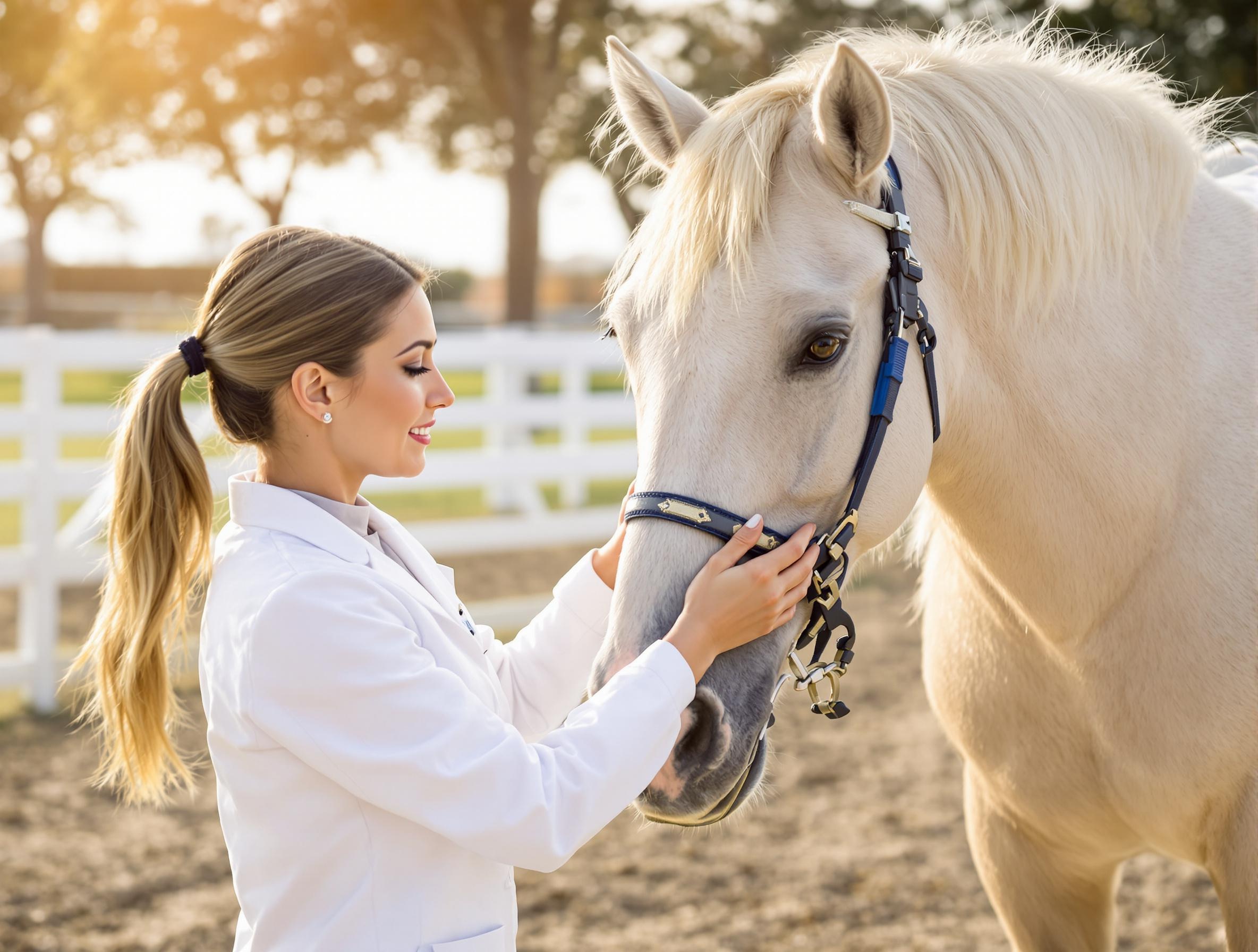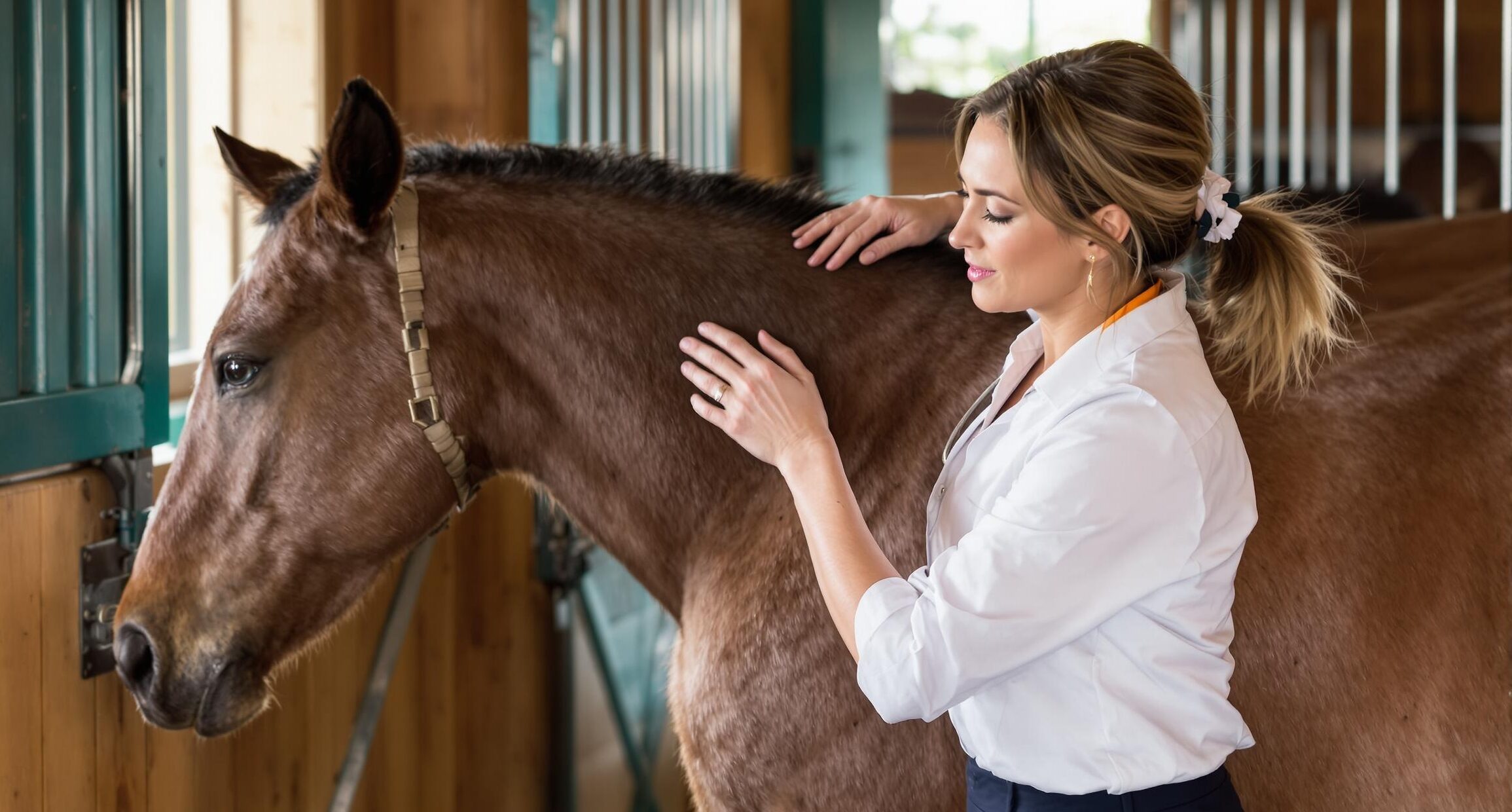Fly Control Tips For Horse Owners
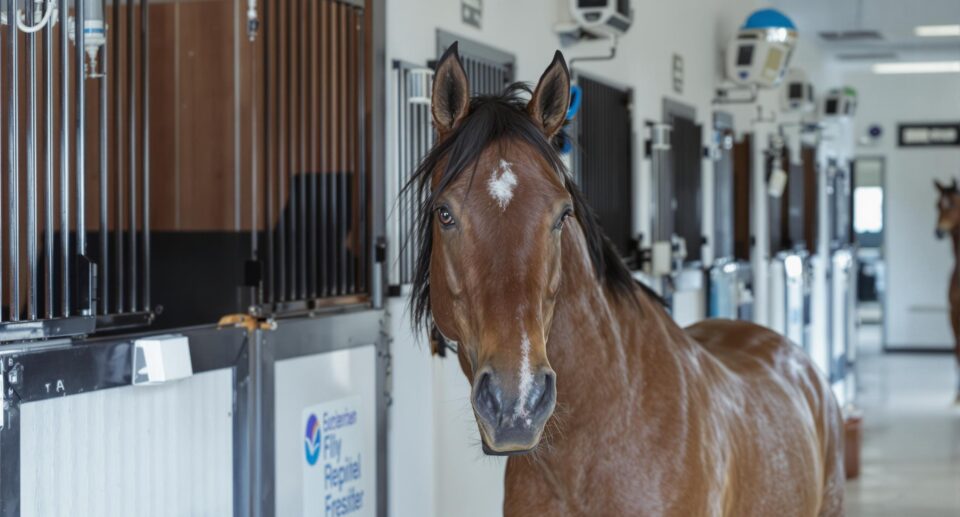
Flies can really bug you and your horse… but they can also facilitate the spread of disease and parasites. Use these fly control tips to keep your horse safe, healthy, and disease-free.
Identify Flies In Your Stable
Your fly control initiative begins with identifying the types of flies that live in your horse’s environment.
House flies are the same common flies found in many homes. They do not bite, but they do feed on manure, as well as your horse’s wounds, mucous, moist genital areas, and eye secretions. House flies mate and lay eggs in fresh manure.
Face flies look and act similarly to house flies, though they’re slightly smaller. They do not bite, but they may spend time in manure and on your horse’s wounds, tear ducts, and other moist areas, spreading parasites and bacteria in the process. They, too, mate and lay eggs in fresh manure.
Black flies are tiny biting flies that tend to flock to the insides of horses’ ears. They feed on your horse’s blood and leave painful sores. Black flies breed in moving water.
Horseflies are large, dark in color, and have protruding eyes. They are most populous in the summer and breed in moist, marshy areas.
Botflies are one of the most damaging pests that affect horses because of the way they reproduce. They lay eggs on your horse’s coat, then hatch when your horse licks them. The larvae burrow in the horse’s mouth for one month, then they enter the stomach, where they attach to the stomach lining for 8 to 10 months. Finally, they emerge through the horse’s feces so they can mature and start the cycle again. While they’re inside your horse’s gastrointestinal system they can cause blockages, even a fatal case of colic if left untreated.
Stable flies are dark with pale stripes. They tend to congregate around horses’ legs and leave painful bites. They breed in moist straw or manure in and around stables.
Fly Control Tips To Keep Your Horse Healthy
The most effective way to control flies is to eliminate opportunities for them to reproduce. Keep stable areas clean and remove manure, wet hay, and standing water sources as often as possible.
Regardless of how clean you keep your stable, though, flies will find ways to bug your horse. Even so, regular cleaning will help keep their population under control.
Talk to your veterinarian about choosing Horse Wormers and insecticide products for your horse. Your vet will be able to recommend a deworming schedule based on your horse’s age, health, and the species of flies that affect your region.
Apply Flys-Off ointment to open wounds and sores to repel and kill flies, as many species may feed on and reproduce in moist flesh.
Be sure to use a combination of defenses against flies, including a treatment for your horse, an area treatment, and a stable treatment.

